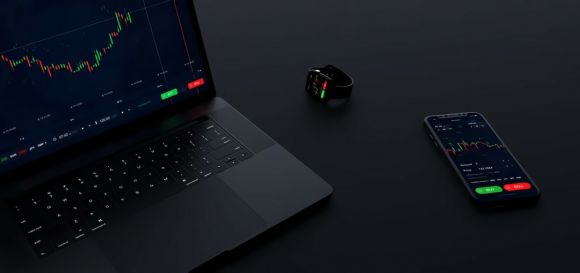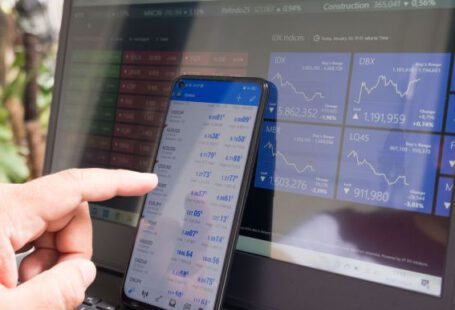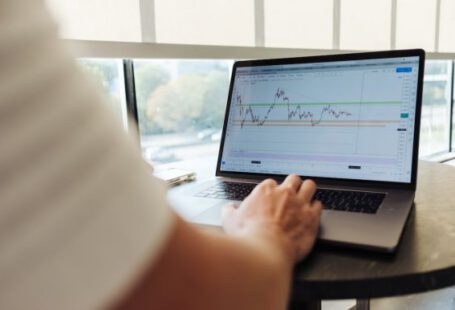Trading in the financial markets requires a combination of skill, knowledge, and the right tools. With the advancements in technology, traders now have access to a wide range of tools that can assist them in making informed decisions and maximizing their profits. In this article, we will explore some of the essential tools that every trader must know.
Market Research Tools
Before making any trading decisions, it is crucial for traders to conduct thorough market research. There are several tools available that can help traders analyze market trends, identify potential opportunities, and assess the risks involved. One popular market research tool is the economic calendar, which provides traders with important information about upcoming economic events and news releases that could impact the financial markets. By staying up to date with these events, traders can anticipate market movements and adjust their strategies accordingly.
Technical Analysis Tools
Technical analysis is a key component of trading, as it involves analyzing historical price data to predict future price movements. To perform technical analysis effectively, traders need access to various tools, such as charts, indicators, and oscillators. Charts provide a visual representation of price movements, allowing traders to identify patterns and trends. Indicators, such as moving averages and Bollinger Bands, help traders analyze market volatility and determine entry and exit points. Oscillators, such as the Relative Strength Index (RSI) and Stochastic, help traders identify overbought or oversold conditions in the market.
Risk Management Tools
Risk management is an essential aspect of trading, as it helps traders protect their capital and minimize potential losses. Several tools can assist traders in managing their risks effectively. Stop-loss orders, for example, allow traders to set a predetermined price at which their positions will be automatically closed to limit losses. Take-profit orders, on the other hand, allow traders to set a target price at which their positions will be closed to secure profits. Trailing stop orders are another useful tool that allows traders to automatically adjust their stop-loss levels as the market moves in their favor.
Trading Platforms
Trading platforms are the software applications that traders use to execute their trades. These platforms provide traders with access to various financial markets, such as stocks, currencies, commodities, and cryptocurrencies. They also offer tools and features that allow traders to analyze market data, place trades, and manage their portfolios. Some popular trading platforms include MetaTrader, NinjaTrader, and TD Ameritrade’s thinkorswim. It is important for traders to choose a platform that suits their trading style and offers the necessary tools and functionalities.
Educational Resources
Continuous learning is crucial for traders to stay updated with the latest market trends and trading strategies. Fortunately, there are numerous educational resources available that can help traders enhance their skills and knowledge. Online courses, webinars, and trading books are some of the tools that traders can utilize to expand their understanding of the financial markets. Additionally, traders can also benefit from joining trading communities or forums where they can interact with experienced traders and gain valuable insights.
In conclusion, trading in the financial markets requires the right tools to make informed decisions and maximize profits. Market research tools, technical analysis tools, risk management tools, trading platforms, and educational resources are some of the essential tools that every trader must know. By utilizing these tools effectively, traders can enhance their trading strategies and increase their chances of success in the dynamic world of trading.





